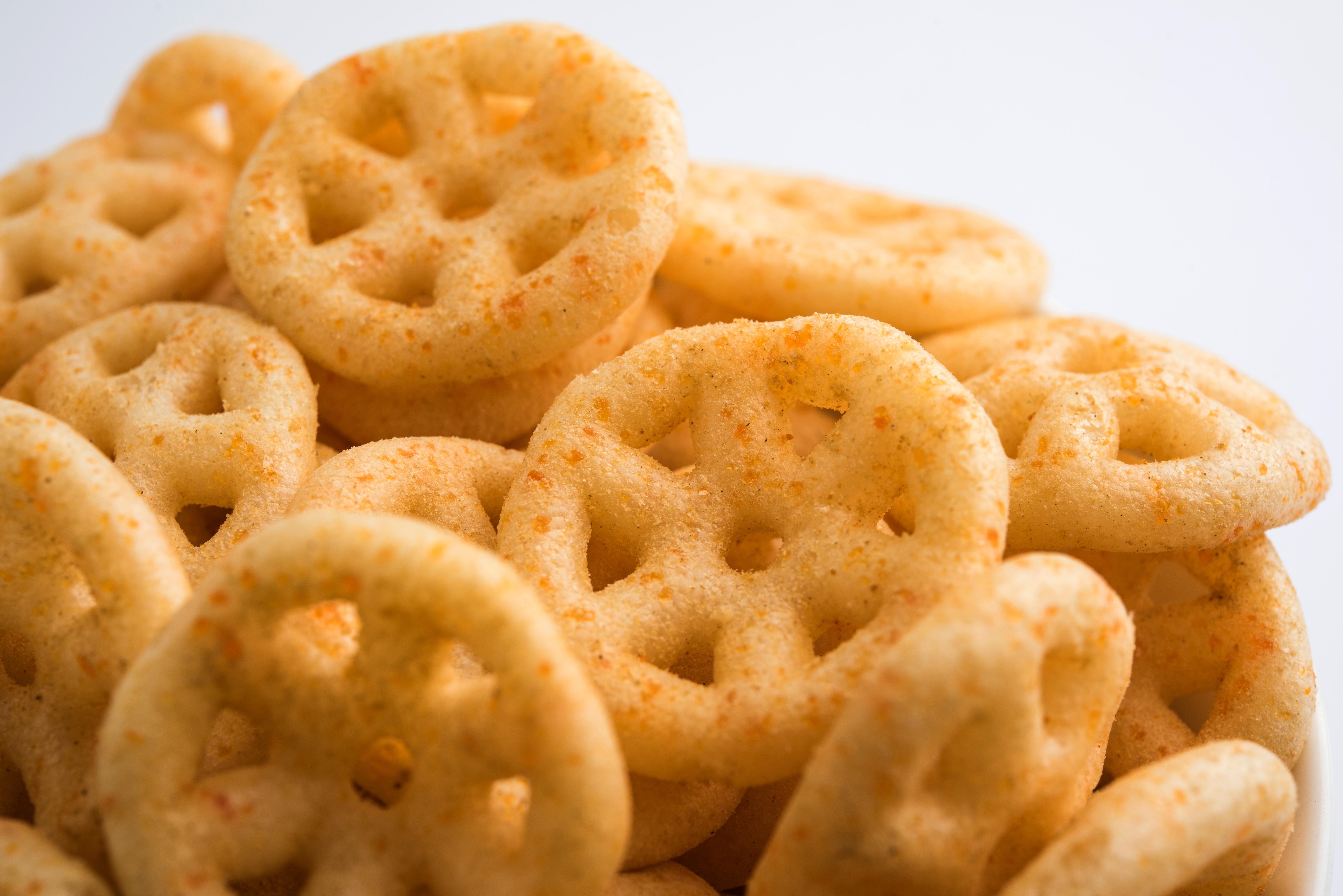Why Your Body Craves Certain Foods
3. Hormonal Fluctuations: The Internal Tide
Hormonal changes, particularly those related to the menstrual cycle, pregnancy, or menopause, can significantly influence food cravings. For example, many women experience increased cravings for sweets or salty foods during PMS due to fluctuations in estrogen and progesterone levels. Similarly, pregnancy can bring about unique cravings as the body adjusts to support the growing fetus. Understanding the hormonal underpinnings of these cravings can help individuals manage their diet more effectively during these periods, ensuring that nutritional needs are met without overindulging in unhealthy options.
4. Hydration Levels: Quenching the Misinterpretation

Dehydration is a lesser-known but significant factor that can lead to food cravings. Often, the body misinterprets the need for water as hunger, leading to cravings for foods with high water content, such as fruits or salty snacks. This confusion can result in unnecessary calorie consumption when a simple glass of water might suffice. Staying adequately hydrated can help you differentiate between true hunger and thirst, reducing the likelihood of succumbing to unnecessary cravings and promoting overall wellness.
